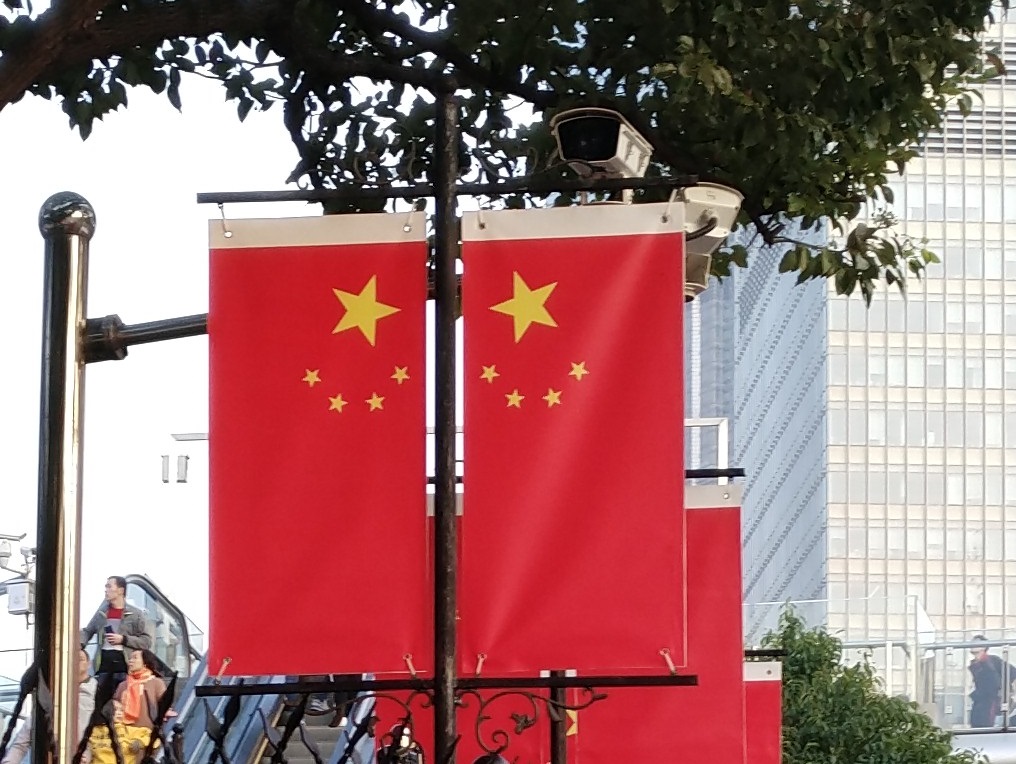Tencent's WeChat steps up censorship to clear undesirable content

WeChat, the popular messaging app operated by Chinese technology giant Tencent, has pledged to concentrate on cleaning up undesirable content from self-media on its platform to maintain a "healthy" reading environment as required by the government.
Self-media refers to content from people that post articles or videos on Chinese social networks such as WeChat and Weibo and expect their articles to be read and forwarded by the readers to gain clicks and followers.
Since November 12, WeChat has been boosting its content and qualification auditing to actively crack down on self-media on the platform that has damaged the content ecology and seriously affected the users' reading experience, WeChat said in a post on Monday.
The content cleanup will specifically target harmful political information, pornographic and vulgar content, click-bait headlines, plagiarism, infringement, and other violations in order to provide users with a more healthy reading space, WeChat said.
The prevalence of self-media has made it a huge businesses in the country as some brands and companies are paying to work with popular content providers who have earned notable amounts of followers to advertise their products.
Monthly active WeChat users have reached 1.08 billion, Tencent announced on Wednesday. In 2017, monthly active self-media on WeChat has exceeded 3.5 million, according to research data.
WeChat's latest initiative to step up censorship is an effort to comply with the requirements of the Cyberspace Administration of China, which has disciplined and closed down more than 9,800 self-media accounts from various social media platforms since the campaign started on October 20, Chinese media reported.
Banned self-media accounts were mostly operated on WeChat and Weibo platforms. Some accounts were found to have disseminated harmful political information, maliciously tampered the history of the Communist Party and the country, slandered heroes, and discredited the image of the country. Other illegal activities include "violating public order and good customs, challenging morality, harming the healthy growth of the teenagers".
An earlier WeChat post suggested that it has banned more than 38,000 self-media accounts offering pornographic and violent content, and deleted over 60,000 articles this year. In 2018, more than 100,000 articles have already been regarded as spreading rumors by WeChat.
About 50,000 self-media accounts have been looked into by WeChat as they were involved with suspected infringement activities.
Related Coverage
Tim Berners-Lee wants to fix the web, 30 years on
Can a new deal for the web improve the way governments, businesses and citizens operate online?
Russia: Now everyone who uses a messaging app must be identifiable
New decree means messaging services will have to check users' registration data with their mobile operator.
Alibaba's Tmall and Ford have a vehicle 'vending machine'
Customers can browse the cars stored in the massive vending machine via their smartphones, make their purchase, and have the vehicle delivered at ground level.
The technology enabling Alibaba to sell $30.8 billion in Double 11 goods
From artificial intelligence to datacentre cooling, machine learning, and blockchain, Alibaba used new technology to surpass its record 11.11 Global Shopping Festival sales figure set last year by 45.3 billion yuan.
How Trump's trade war with China could impact the US tech industry (TechRepublic)
Alex Feinberg, Director of Partnerships at OKcoin, explains why the global trade war could hamper American innovation.
